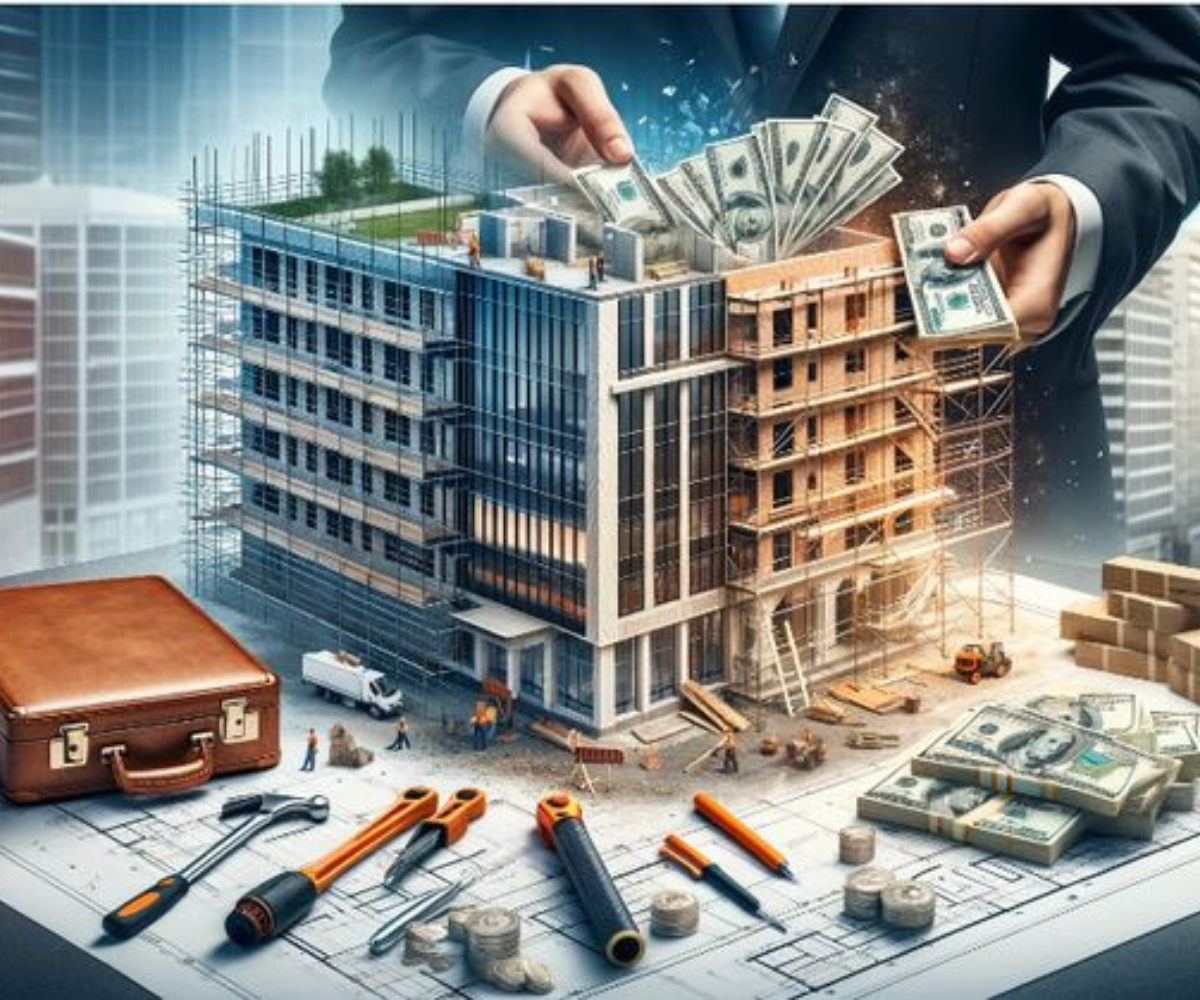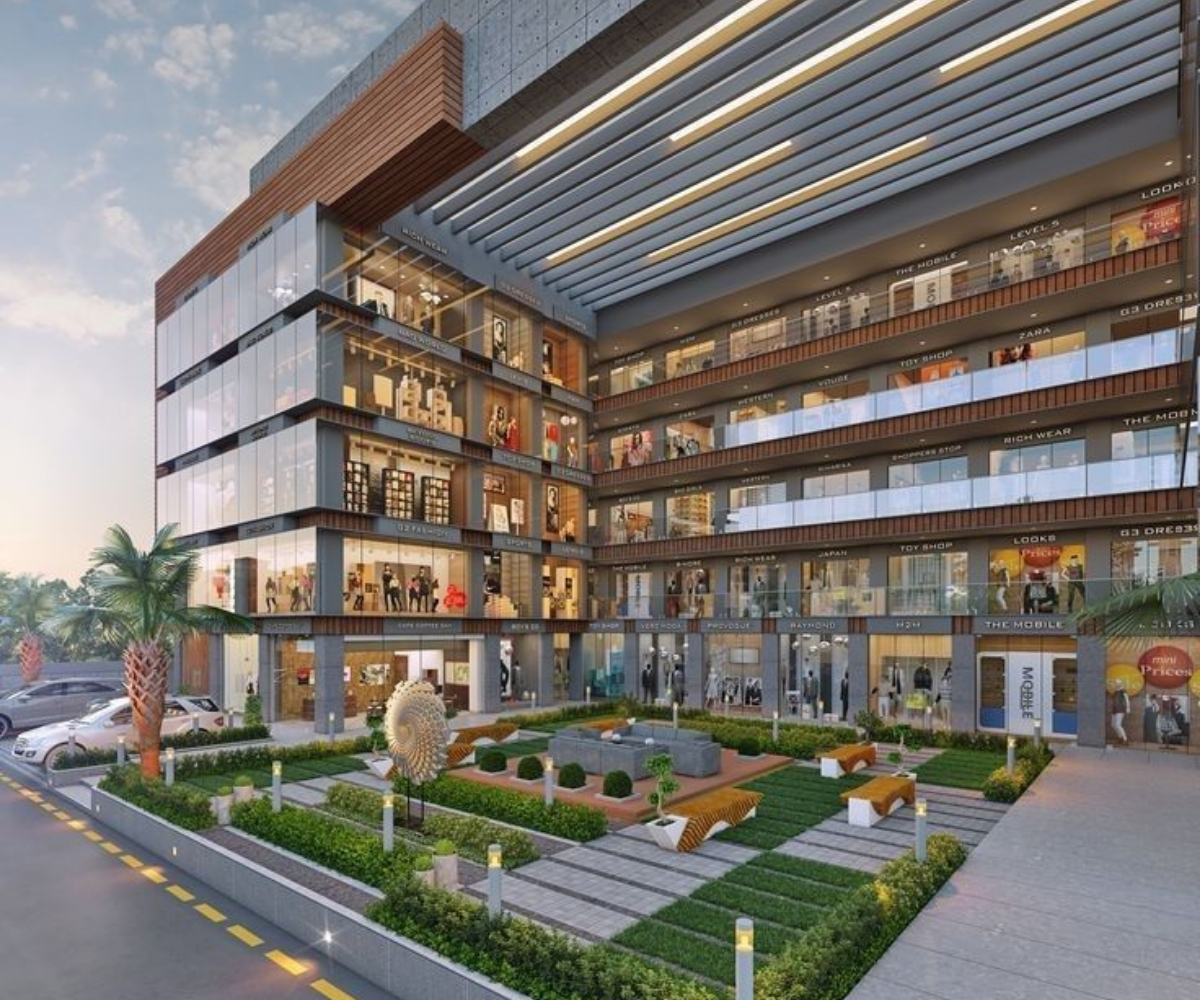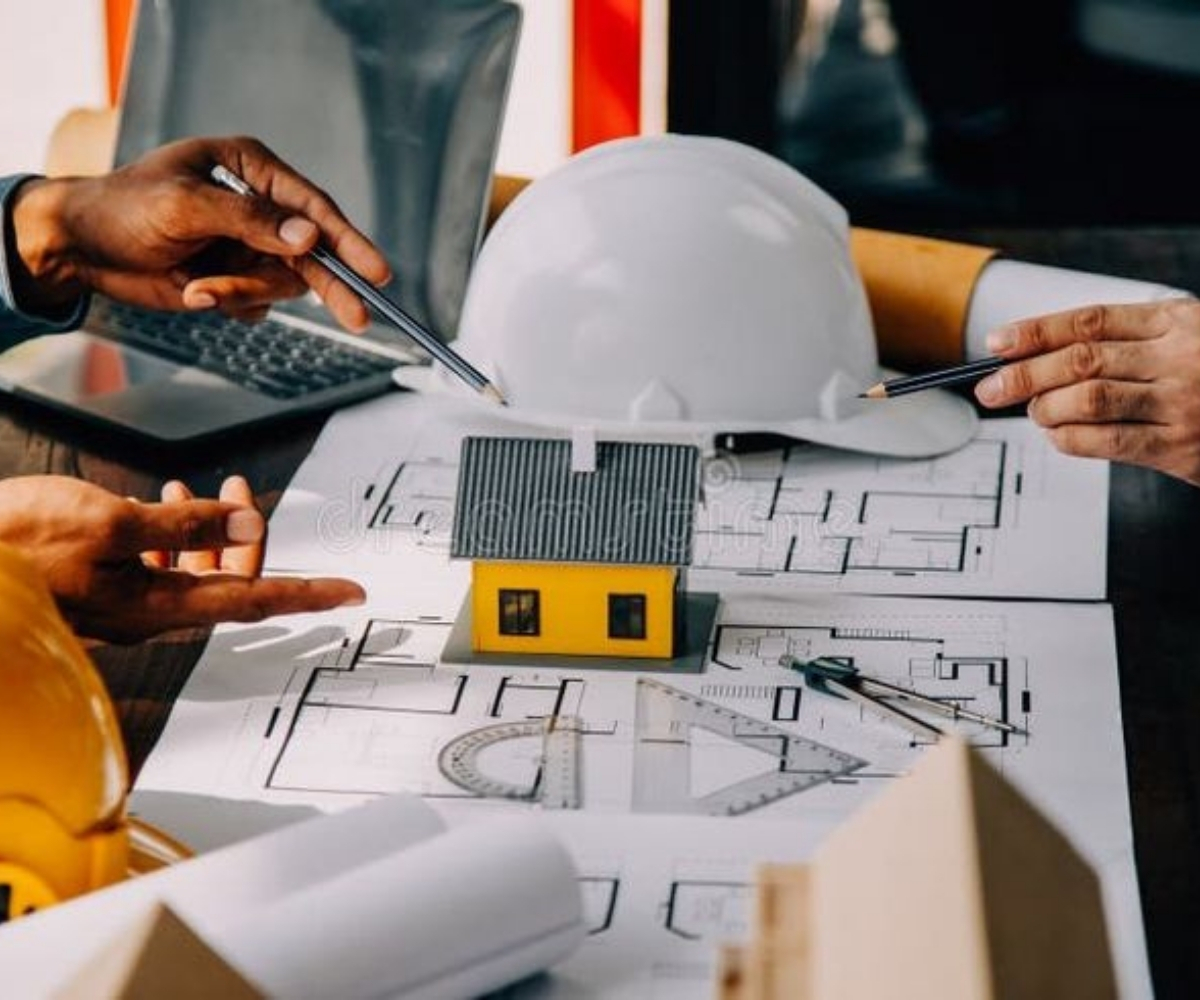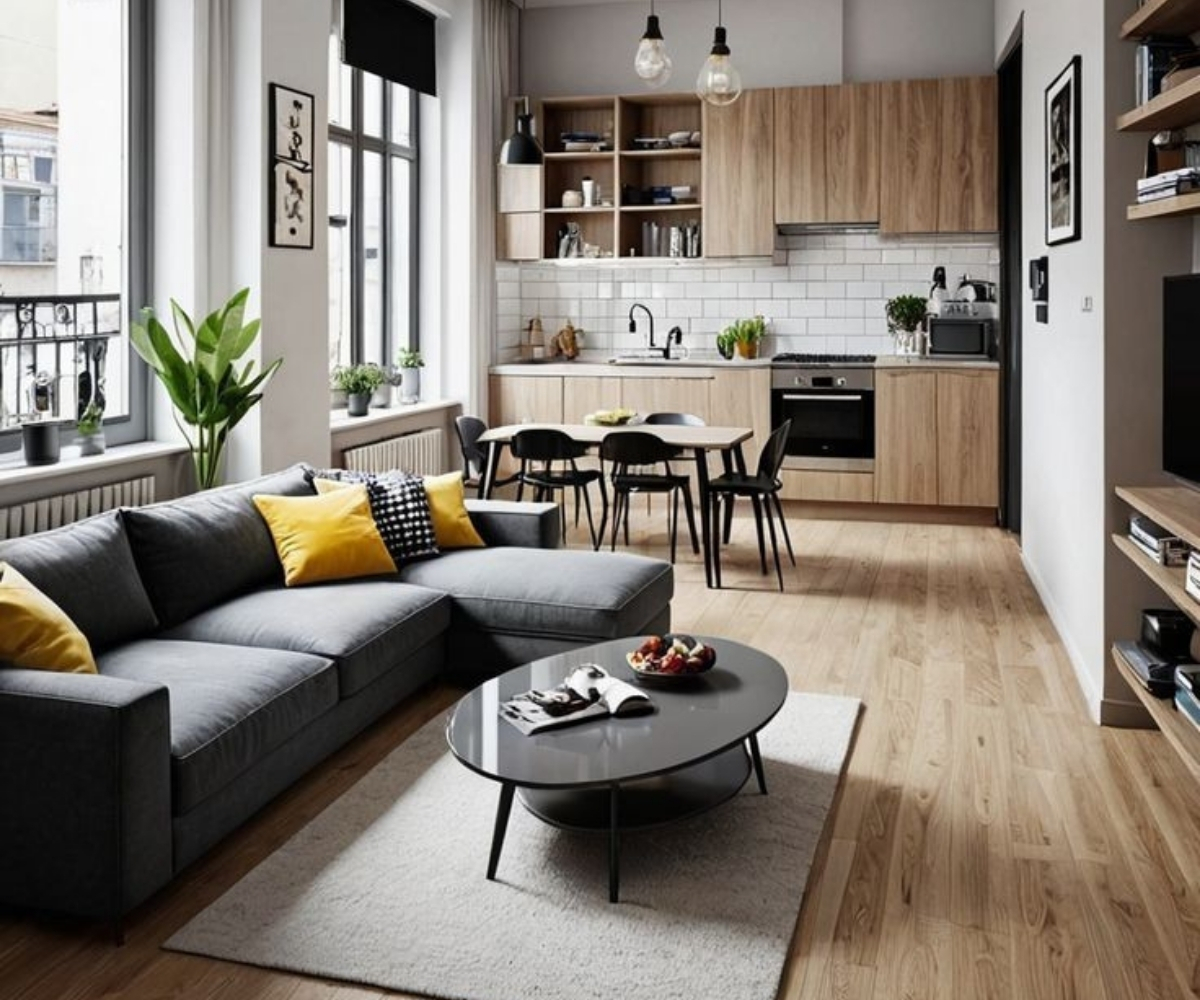Why Drainage Design Is the Backbone of a Strong and Sustainable Home
When building a home, it’s easy to focus on aesthetic aspects like architectural style, materials, and interior design. However, one foundational feature that often gets overlooked until problems arise is the drainage system. A well-planned drainage system is vital to maintaining the structural integrity, safety, and livability of your home. Whether you’re designing a modern home or following best construction practices, understanding the role of drainage is crucial.
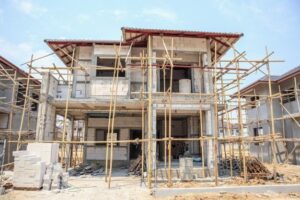
1. Prevents Water Damage
One of the main purposes of a drainage system is to efficiently channel water away from your home. Without proper drainage, rainwater can collect around the foundation, leading to leaks, wall cracks, and even long-term structural weakening. This can result in extensive and expensive damage. A solid drainage layout ensures that runoff is redirected, protecting your home from water intrusion and foundation issues.
2. Prevents Soil Erosion
Improper water flow can gradually erode the soil around your home. This is especially problematic for houses with landscaped gardens or sloped terrain. Erosion weakens the foundation, disrupts plant growth, and diminishes the overall appearance of the property. Drainage solutions like surface grading and retaining walls help prevent erosion and support landscaping stability—key to maintaining outdoor beauty in modern home designs.
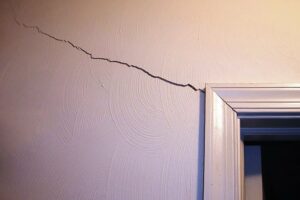
3. Reduces Risk of Flooding
Flooding is a common issue in areas with heavy rainfall or low terrain. A well-installed drainage system, including tools like French drains, gutter downspouts, and swales, helps redirect excess water away from the house. This lowers the risk of basement flooding, waterlogging, and foundation seepage—ensuring peace of mind during stormy seasons.
4. Improves Indoor Air Quality
When water accumulates near the home or leaks into basements, it can lead to mould and mildew growth. These allergens degrade indoor air quality and can trigger respiratory issues. Preventing moisture buildup with an effective drainage system helps maintain a healthy and safe indoor environment for your family.

5. Preserves Landscaping and Curb Appeal
Landscaping adds character to any home, but standing water can damage lawns, plants, and decorative elements. Drainage systems ensure rainwater is distributed or carried away evenly, helping to protect your investment in outdoor aesthetics. Well-drained landscapes remain lush and inviting, adding to your home’s curb appeal.
6. Boosts Property Value
Homes with visible signs of water damage or poor drainage are less appealing to potential buyers. On the other hand, a well-maintained drainage system reflects quality construction and foresight. This can increase buyer confidence and boost your property’s market value.

7. Ensures Compliance with Building Regulations
Building regulations often require drainage systems to be up to code. Neglecting this aspect can result in fines, delayed approvals, or required renovations. Ensuring compliance from the beginning helps avoid legal and financial setbacks while improving construction quality.
Conclusion
Integrating a reliable drainage system is not just a construction detail—it’s a necessity for long-term durability, safety, and comfort. From protecting your foundation to preserving your garden, the benefits of good drainage touch every corner of your home. Whether you’re planning a new build or renovating, prioritize drainage to build smarter, safer, and more sustainable homes.

